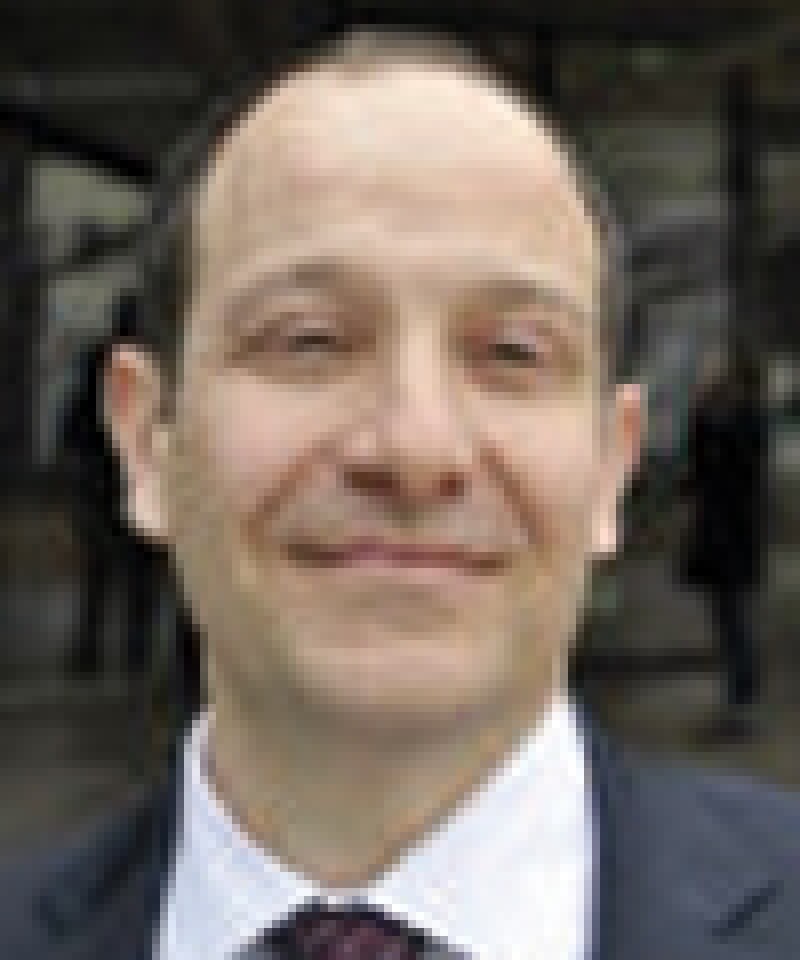
|

|
Jacques Kistler |
Rene Zulauf |
In a referendum held on February 12 2017, the Swiss electorate voted to reject the Corporate Tax Reform III (CTR III), which had been approved by parliament.
The main objectives of this comprehensive corporate tax reform, which was scheduled to become effective on January 1 2019, were to align domestic tax law with international standards and enhance Switzerland's attractiveness as a location for multinational companies.
The reform would have phased out all special corporate tax regimes, such as the mixed, domiciliary, holding and principal company regimes, as well as the finance branch regime.
The CTR III contained a number of measures to compensate for the elimination of the beneficial tax regimes, such as the following:
A reduction of the general cantonal/communal tax rates at the discretion of the individual cantons;
The introduction of a mandatory cantonal-level patent box regime applicable to all patented intellectual property (IP) for which the research and development (R&D) spend occurred in Switzerland, based on the OECD modified nexus approach;
The introduction of cantonal R&D incentives in the form of deductions of up to 150% of qualifying R&D expenditure at the discretion of the individual cantons;
A step-up of asset basis (including for self-created goodwill) for direct federal and cantonal/communal tax purposes upon the migration of a company or additional activities and functions into Switzerland;
The tax-privileged release of "hidden reserves" for cantonal/communal tax purposes for companies transitioning out of tax-privileged cantonal tax regimes (such as mixed or holding companies) into ordinary taxation;
The introduction of a notional interest deduction (NID) regime at the federal level and at the discretion of the individual cantons (however, a canton would have been required to introduce a revenue-raising measure to partially compensate for introducing an NID); and
A reduction of the cantonal/communal annual net wealth tax in relation to the holding of participations and of patented IP, at the discretion of the individual cantons.
Since only a few aspects of CTR III were disputed and as pressure from the EU for abolishing the tax-privileged regimes continues, the Federal Council is expected to quickly reintroduce revised legislation, which likely would include the elements of the previous measures, but without the controversial items, most notably the NID. In addition, as a revenue-raising measure, the revised version of the legislation may include a provision that dividend income received by individuals from qualifying participations of at least 10%, under the partial taxation regime for dividends would have to be increased to 70% at both a cantonal and a federal level.
Although it still may be possible for revised legislation to meet the original January 1 2019 introduction timetable at the federal level, because the cantons need adequate time to introduce the law into cantonal legislation, the introduction of the law may be postponed by one or two years, i.e. to January 1 2020, or more likely to January 1 2021.
Jacques Kistler (jkistler@deloitte.ch) and Rene Zulauf (rzulauf@deloitte.ch)
Deloitte
Tel: +41 58 279 8164 and +41 58 279 6359
Website: www.deloitte.ch









